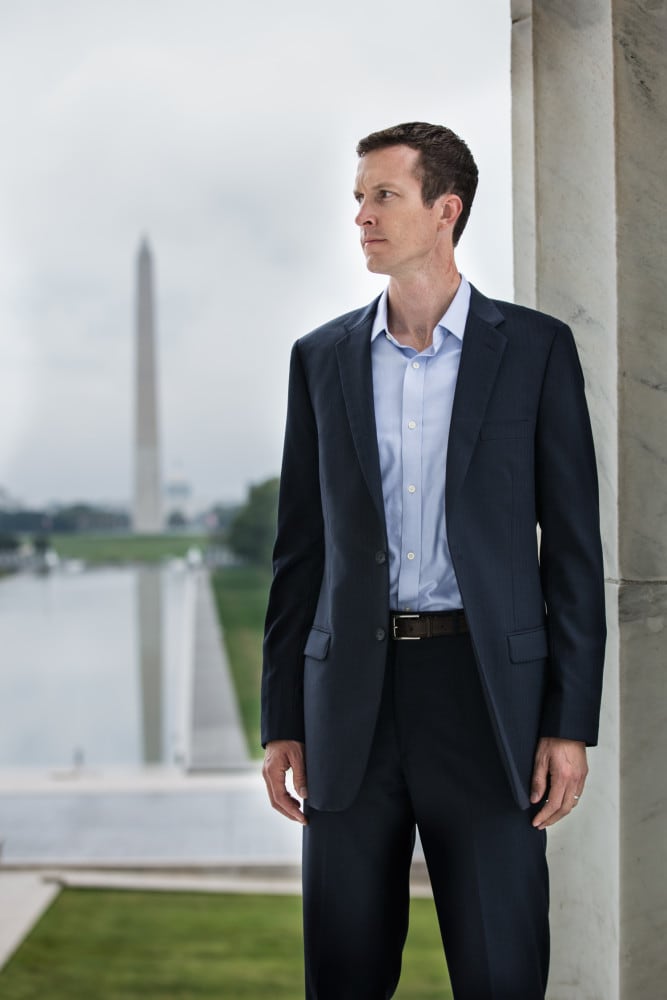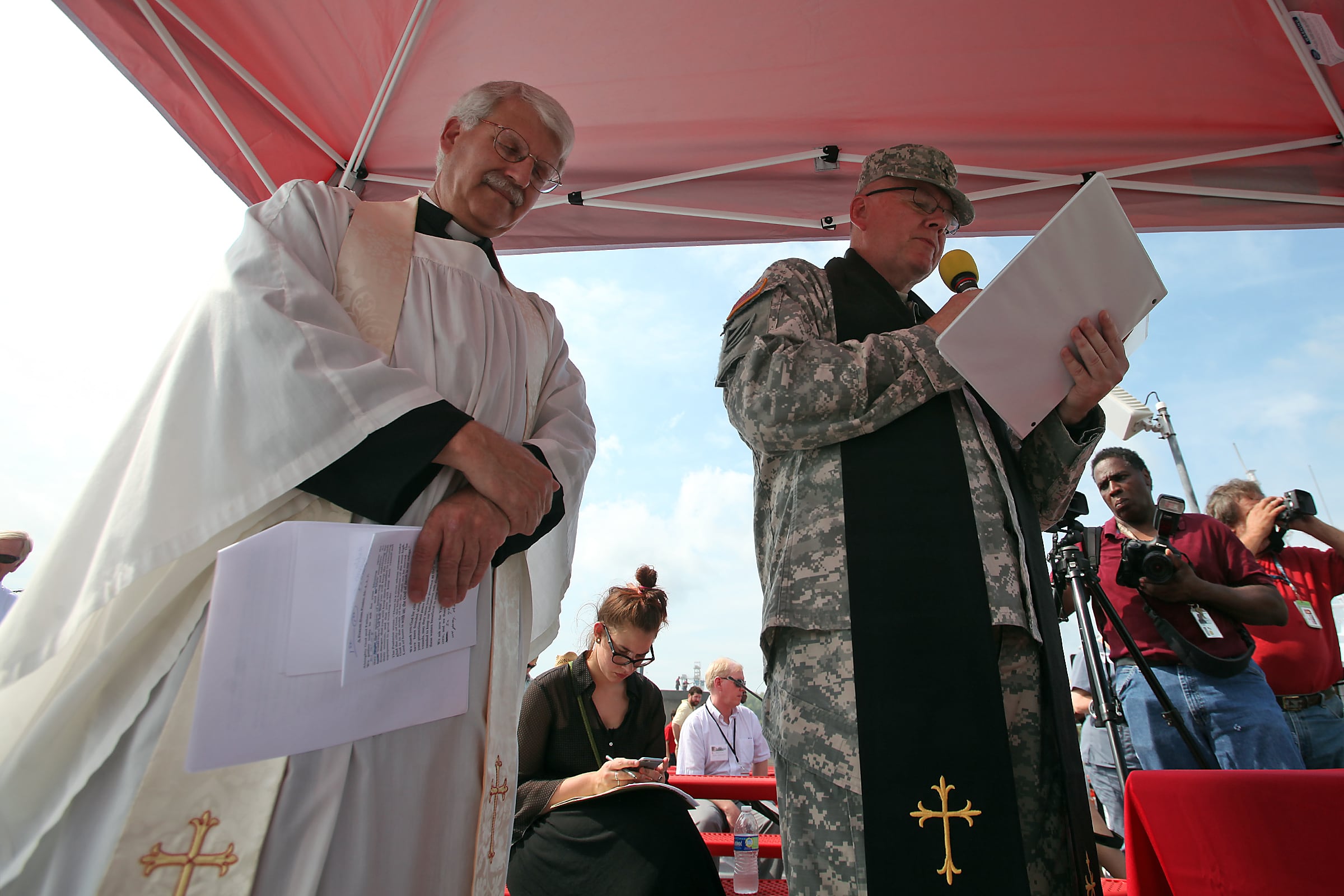The Marine Corps is looking to get its geek on.
The Marine Corps Warfighting Lab will team three acclaimed science fiction authors with 17 service members who demonstrate creative skill in the genre. Organizers are teaming them up to create a compelling, credible narrative of what the world might look like in 30 years.
Marine leaders will then use the insight to better understand — and prepare for — the future fight.
The Science Fiction Futures Workshop will be held in Quantico on Feb. 3. Participants will work with "Ghost Fleet" author August Cole, "World War Z" author Max Brooks, and Charles E. Gannon, who wrote "Fire with Fire" and "Trial by Fire."
Cole's book is a futuristic thriller about the next global conflict. Cole's Brooks' "World War Z," which also hit the big screen in 2013, is about a zombie outbreak. And Gannon's books examine the possibility of war with aliens.
The Marine Corps received 72 applications for the event from across the services and around the world, according to an administrative message released Friday.
Ultimately, a dozen Marines were chosen along with four sailors and a Coast Guardsman. The 12 Marines selected include three officers, three staff noncommissioned officers, three NCOs and three lance corporals.
"What we are hoping to get is younger, creative minds who will bring fresh ideas of how we could take the [Marine Corps Security Environment Forecast]MCSEF world and bring it down to an operational and tactical level," said Lt. Col. Patrick Kirchner, strategic foresight analyst with the Futures Assessment Division.
The catalyst for this unique workshop pairing was the 2015 Marine Corps Security Environment Forecast, published by MCWL’s Futures Assessment Division. That report identified and assessed plausible future security environments out to 2045.
It presented a baseline, some alternative futures, and a preferred future. Cole, who is also top dog in Atlantic Council's Art of Future Warfare Project, recently wrote about was confident he could bring those worlds to life by combining military and sci-fi concepts for warfare.Marine insight with the skill of sci-fi heavyweights.
"There is a growing conviction that modern warfare is best understood, and won, with complex statistics and models. Yet, thankfully, at the same time there is new appreciation that warfare is as much art as it is science," Cole wrote in Atlantic Council's science-fiction anthology "War Stories From the Future."
Comments from Gen. Martin Dempsey, former chairman of the Joint Chiefs, kicked off the compilation.
"As much as we may want science fiction to be predictive about what awaits us, or perhaps even prescriptive on how we should deal with impending challenges, the true gift of the genre lies in its ability to be provocative and its power to develop the professional imagination," Dempsey said.

August Cole is a nonresident senior fellow at the Brent Scowcroft Center on International Security at the Atlantic Council. He is the director of the Art of Future War project, which explores narrative fiction and visual media for insight into the future of conflict.
Photo Credit: Courtesy August Cole
He went on to point out how directed-energy weapons, electromagnetic pulse, and autonomous warfare were "things of science fiction just a few decades ago."
"Science fiction allows us to model future possibilities and explore the practical and tactical possibilities of emerging or future technologies," Dempsey said. "It should also cause us to consider the ethical implications associated with adopting new ways of approaching conflict."
Workshop participants will explore what might emerge in future forms of the art of the possible in everything from cyber or to autonomous warfare.
Kirchner and company are not looking for solutions, but the nature of scenarios likely to be faced. They hope to develop the structure of a narrative — be it a short story, screenplay, or graphic novel — to be published in a security environment forecast MCSEF supplement later this summer and used in subsequent war games.
The workshop has received applications from all over the world, Kirchner said.
You can read more about the Futures Assessment Division, the 2015 MCSEF, and the workshop here. at www.mcwl.marines.mil/Divisions/FuturesAssessment.aspx.





